|
Authors Camilla Soragni and Gwenaëlle Rabussier are Early Stage Researchers located at MIMETAS, Netherlands. Read their previous blog post here. By definition, 3D modelling is the process of creating a three-dimensional model of an object. And what about dimensions? Curious to know how this conceptual representation emerged? Let’s go back approximately 570 BC, to its earliest development in Greek mathematics, with the Pythagoreans and their most famous theorem.
13/1/2021 Science Untangled: Logic 101In our blog series “Science Untangled” we intend to explain science in simple words. And as my fellow colleagues already did before me, I will try to give it a go myself. I am currently working using mostly bioinformatic approaches – I wrote about how I got there in an earlier blog post. The biological background of my research was already covered in an amazing blog post by Clara. So, the question was: What can I explain? Bioinformatics? The problem is that bioinformatics approaches can vary significantly, the same way biology differs when trying to understand the behavior of fish in the Atlantic or trying to find binding partners of a specific molecule. Well, then where do we start and where do we end?
I decided to go with the basis of bioinformatics, actually of every science in existence: Logic. 9/12/2020 Bridging The GapThe public funds most research carried out in laboratories, yet they are unaware of its influence on their daily lives. Scientists are always made to think and reflect on the impact their research will have on the world, however, research in academia has a different definition to what the public perceives. Our work is peer reviewed by experts in the field and published in relevant journals to validate the results and ensure reproducibility. Internet and media in the current time have made science research more accessible than ever. Research data, as a result of massive work undertaken in labs, are frequently published in news articles. An example is a recent article published in The New York Times, which stated that preterm birth rates have gone down during the COVID-19 pandemic. This news article, published in a well-known newspaper, available to the worldwide audience, sparked the interest of the general population regarding preterm birth, and the risks it could possibly have on mothers and babies. As a part of the iPlacenta consortium, our work involves communicating our research in local communities. All of our ESRs are involved in some kind of outreach programme. This involves talking about their take on Preeclampsia from the perspective of clinicians, engineers, and scientists. I was curious if people knew about Preeclampsia or the recent research associated with it. The best way to find out was through a quick survey.
In these very unusual times we’re currently living in, the development of a vaccine against SARS-CoV-2 (the coronavirus responsible for the COVID-19 pandemic) has been in everyone’s conversation at some point. We have come to understand how the process of developing and testing a vaccine works and become a bit impatient about the results. Although there are many differences between a vaccine used to prevent an infection, and a drug to treat a condition, I believe it is a good moment to review the various necessary steps it takes to get a drug[1] from being an idea to having it bottled in your nightstand.
9/9/2020 The Patient in ResearchWhen we talk about research, we are referring to the act of investigating and the main objective of the research of expanding knowledge. When you think about a research project, you think about how to carry it out, the materials you need, and the time it requires. Although there are many types of research, and iPLACENTA is made up of many different kinds of research projects, today I want to tell you about clinical research, in which the patient is the protagonist, and talk about: how we recruit patients. It is important to note that not everyone knows what the research is about and how much work it requires. Being able to shelter a baby inside the womb for 9 months is something I have always found fascinating. Not only is it a beautiful result of natural adaptation, but pregnancy is also a risky situation during which an efficient compromise needs to be reached between the baby, who needs the mother’s resources, and the mother who needs to cope with the huge challenge of transforming her own body for the benefit of her baby. Maintaining this equilibrium would be impossible without the placenta, which performs an impressive number of tasks to keep both the baby and the mother safe from fecundation to birth. And yet, the placenta has never really received the attention it deserves. Not only by the general public, which often only has vague ideas about what a placenta does, but even more sadly, by the scientific community. The placenta is the least studied organ of the human body and still holds many mysteries. I wasn’t too sure myself about what a placenta did exactly before starting my PhD. I have to say that since then, I have never stopped being amazed at its multi-faceted capacities. With this article, I would like to put the placenta under the spotlight for a moment by sharing with you some of what I found are its most astonishing powers.
Practical TipsVeronica Giorgione is studying the long-term effects of preeclampsia on the cardiovascular system. In her job, she meets and counsels mothers who have just had preeclampsia. Here is a summary of the advice she usually gives:
6/5/2020 La dolce vitaStudying in Italy, surviving quarantine and COVID-19 In these difficult times, when we are surrounded with sad news coming from all over the world and especially Italy (where I am currently completing my PhD) which has been one of the countries most affected by the pandemic, it is difficult to stay positive and see the silvering of the current situation. Many of us can agree that completing a PhD under normal circumstances is stressful, so what happens when la dolce vita takes a drastic turn and your research becomes affected in a new and unfamiliar way? Well, actually the answer I hear the most often, is that no one actually knows. So instead of worrying about things that are out of our control and focusing on the negative aspects of navigating the uncertain waters of work and life and that sunny holiday everyone had seem to be planning being cancelled, I would like to share the good things happening right now all around us.
How we use gene expression to understand disease This issue of our Science Untangled will focus on how we can use molecular biology to understand more about disease. In iPLACENTA we are interested in the causes of pregnancy pathologies; the juice of the matter is really to understand what's different between a healthy placenta and an unhealthy placenta that will cause the mother to develop a disease, putting both mother and baby in danger.
In this blog we will go through what systems biology means and how we use it in research. Starting with the definition of the terms system, model, followed by an example of network analysis as a systems biology method and the nuanced difference between complex vs complicated. Please ask questions in the comments section if there is anything that you would like explained in more depth! Systems can be considered on different levels. From organ networks to molecular networks, the individual, or even social networks. The image above was adapted from lectures provided by the Systems Biology and Bioinformatics Department Rostock, Germany and a graph from the Institute of Systems Biology Seattle, USA.
|
About the blogBeing a PhD student in a European training network is a life-changing adventure. Moving to a new country, carrying out a research project, facing scientific (and cultural) challenges, travelling around Europe and beyond… Those 3 years certainly do bring their part of new - sometimes frightening - but always enriching experiences. Categories
All
Archives
December 2021
|


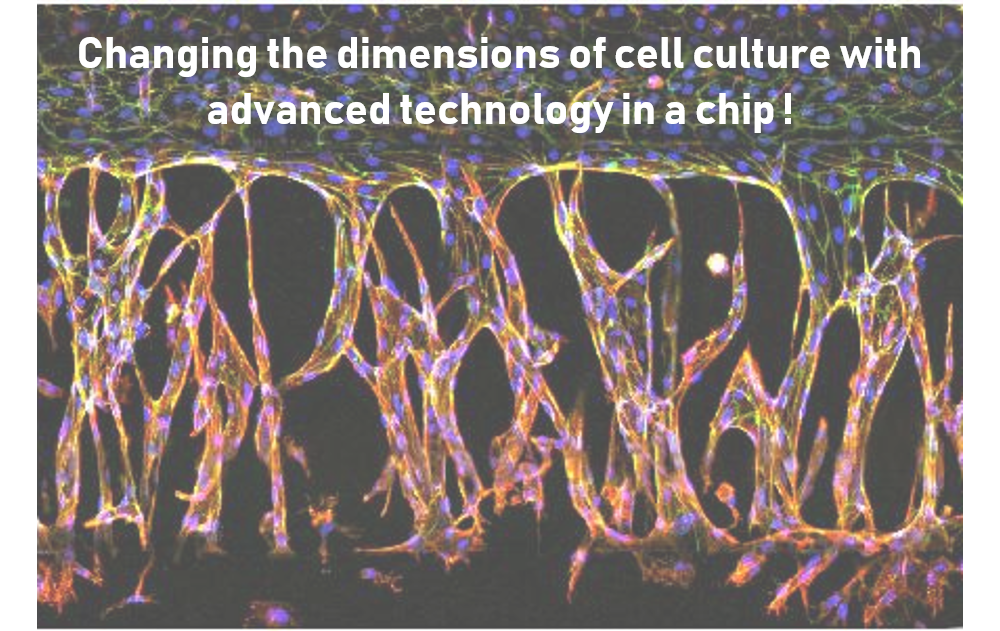


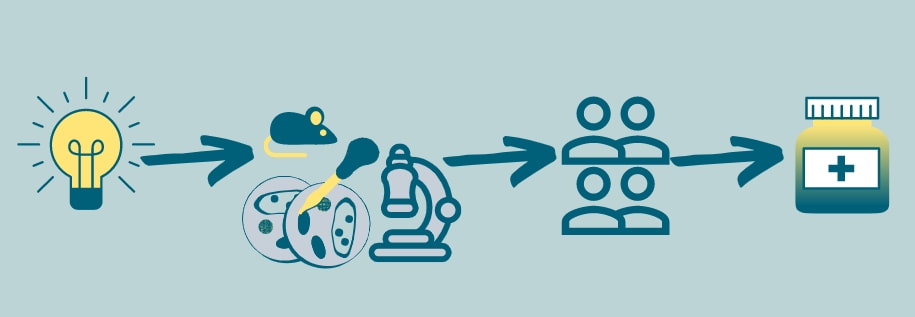

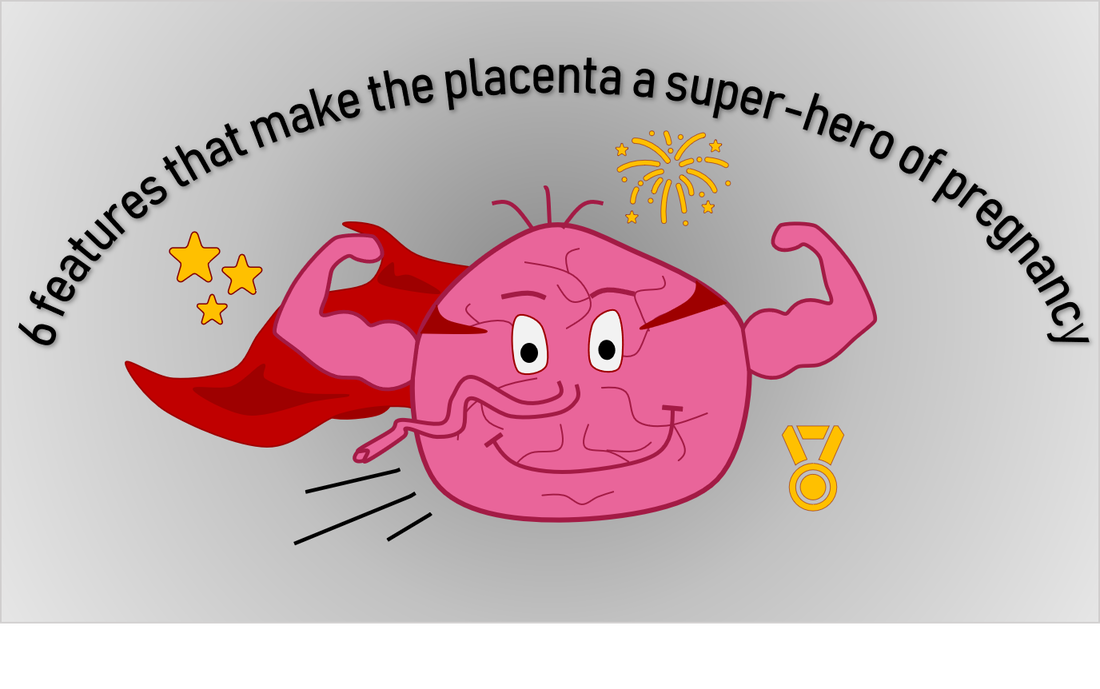
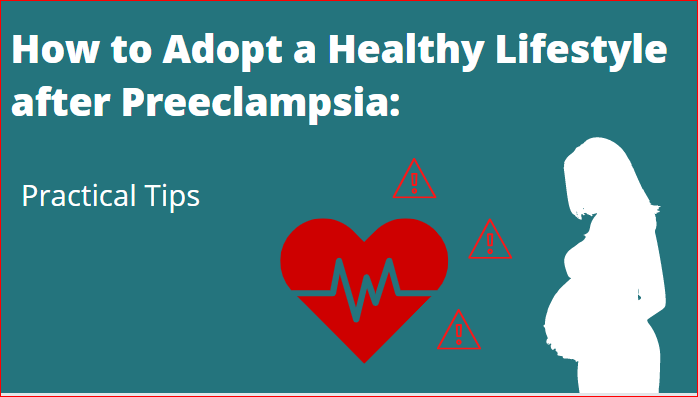
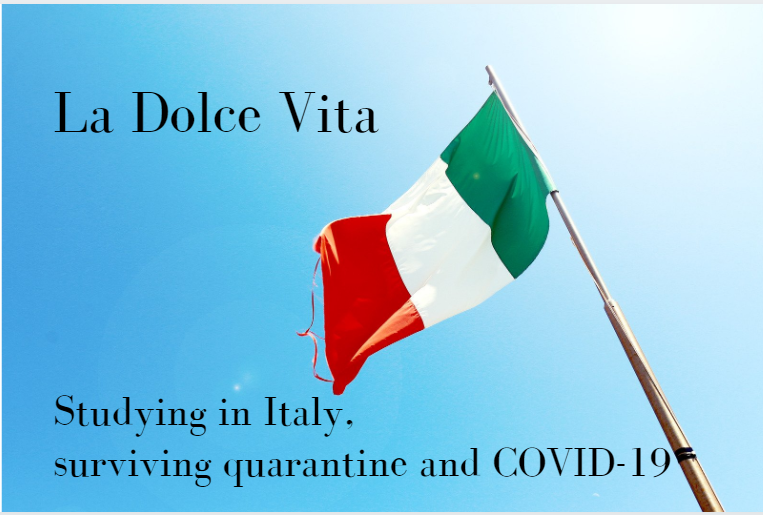
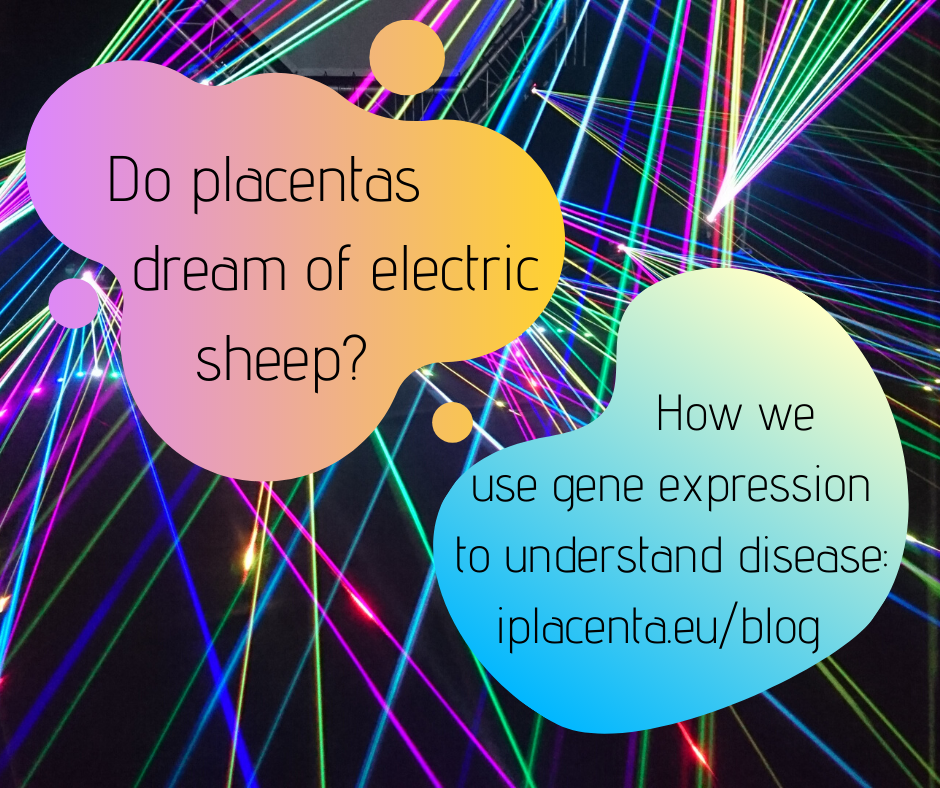
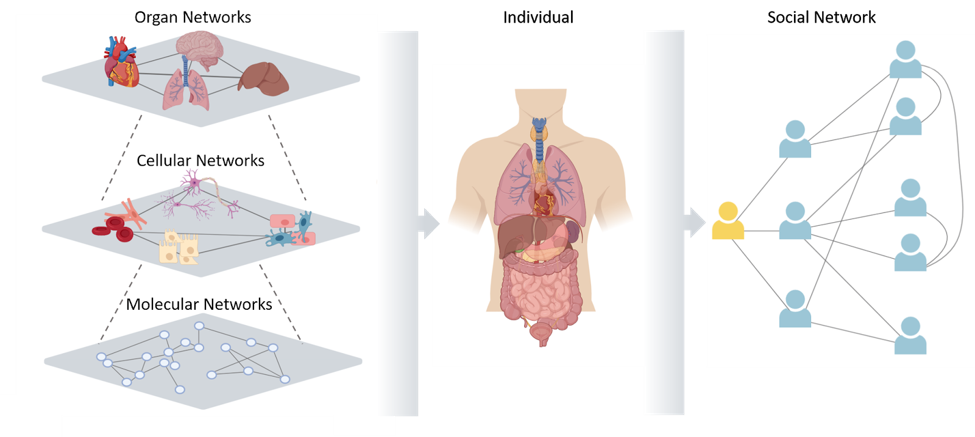
 RSS Feed
RSS Feed
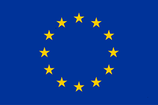
5/2/2021
0 Comments